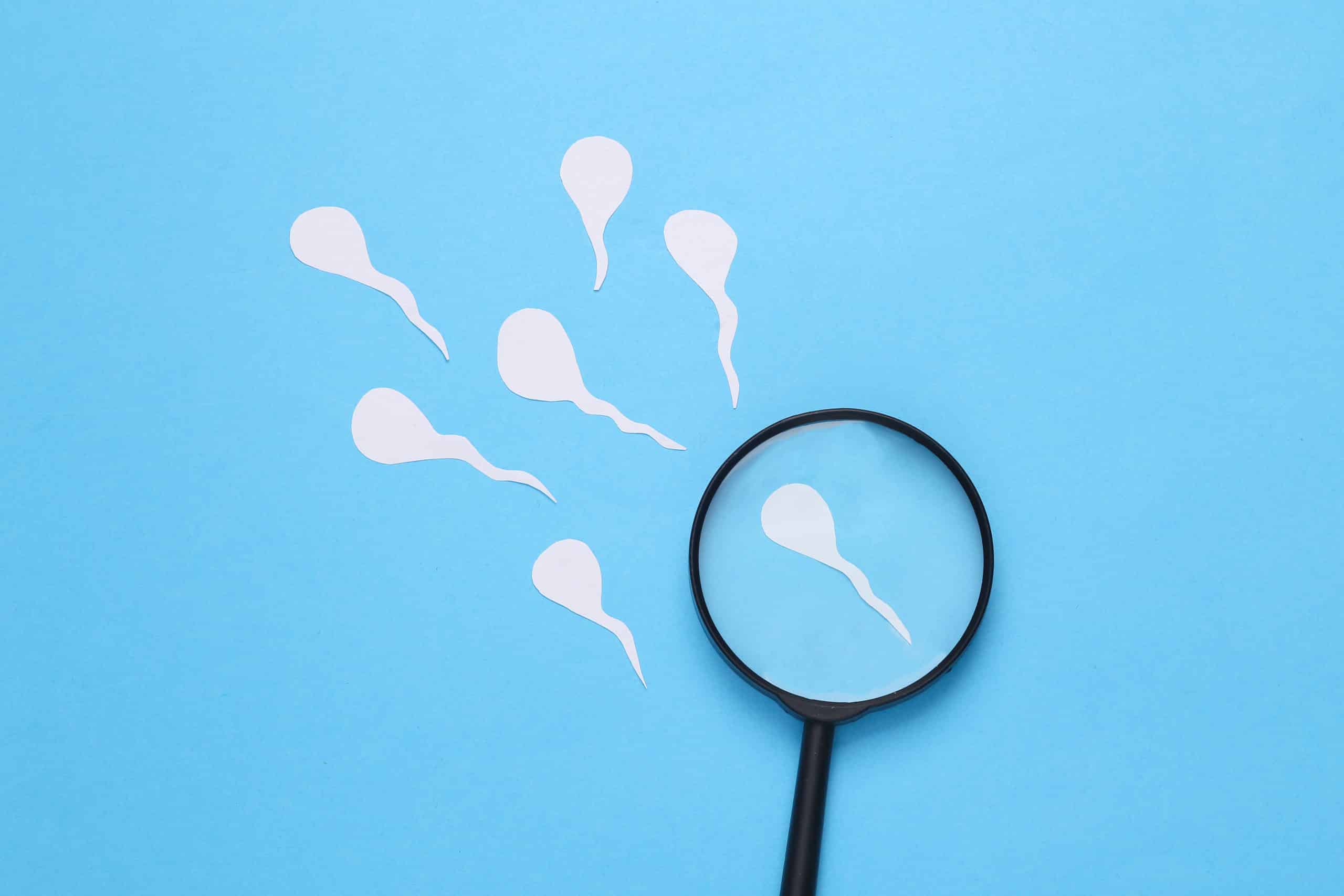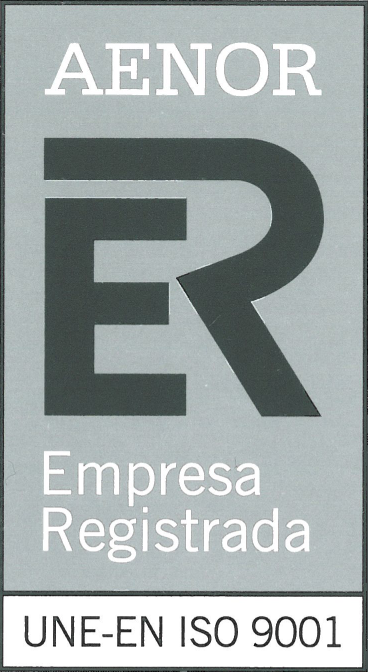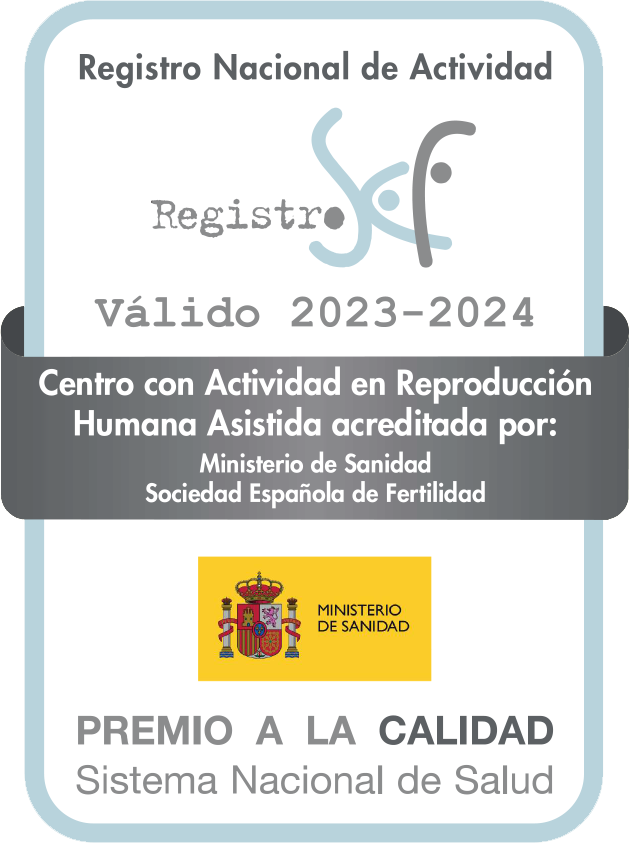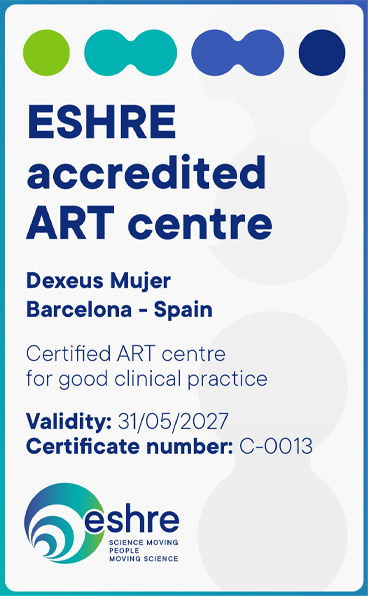Whether you have been trying to get pregnant for a while without succeeding, or if you just go to get information, the first visit to an assisted reproduction centre always has a special value. Not only because of what it means on a personal level, but also because of the many expectations we place on it and because it touches us deeply. So “everything” counts: the treatment and care received, the waiting time, the impression that the facilities or other patients give us, the information that is provided…
Although the final assessment is usually the result of many factors, you should try to be objective and know clearly, in advance, what this first visit consists of, as well as what is important to concentrate on. Some are disappointed because they believe that they are going to come out with a determined diagnosis, others are suspicious of being advised to perform several tests, but in fact, if the doctor does not want to offer a first assessment or asks for more than one test is usually a positive sign in favour of the centre, which shows that they do not want to rush until they have all the necessary information. In this article, Dr Claudia Forteza, gynaecologist and specialist in Reproductive Medicine at Dexeus Mujer, explains what to expect and what is important to consider and ask on a first visit.
- Medical interest Although for you it only involves a first contact with the centre, the purpose of this first visit from the medical point of view is to gather the maximum information to make a global assessment of the situation, determine and plan the necessary diagnostic tests, and assess what treatment may be the most appropriate for you and your partner, if you have one.
- What will they ask you? They will ask you if you have had a fertility test or have assessed your ovarian reserve, if you have undergone any previous reproductive treatment, if there is a history in your family of abortions, early menopause, hereditary diseases or other problems related to fertility… Moreover, information about your general health (the so-called medical history): if you suffer from any chronic disease or have had any relevant disease, if you have had any previous surgical intervention, other pregnancies, or if you are allergic to any medication, etc. If you have a partner, both of you must go so that they can collect information from both of you. They will also ask you questions about your lifestyle: diet, sports, if you smoke, professional activity (to know if you are exposed to any added risk), etc.
- What to bring. All previous medical reports and analytical test results that can provide information on your health are important so that the specialist can have the most complete clinical history possible and make a better assessment of the situation.
- What is important to explain. All the information you think might be useful: the regularity of your menstrual cycles, if you take or have taken contraceptives, if you have had any sexually transmitted infection. You must be very sincere because, although some aspects do not seem relevant to us, they could be. Also, if you are concerned about having to resort to a donation, or if you do not have family support in your decision, etc.
- What you can ask. All the questions you have. Even make a list of key ideas so that you feel like you have made the most of this first contact. For example: how long the ovarian stimulation treatment lasts and if you can know a priori if you are going to have a good response; if there are treatments that include the possibility of second attempts or any reduction of the cost with a “fidelity plan”; what possibilities you have of using your own eggs if you are already 40, or what depends on that decision; if the fact of resorting to an egg donation makes the treatment more expensive, how is the selection of donors carried out; if in the same centre they carry out a joint fertility study on the partner, even if it is male; if they have their own laboratories to carry out diagnostic tests or you have to move to other centres, etc.
- What tests they could ask you. After collecting all the data, usually the doctor advise to carry out a complete gynaecological examination, which includes: cytology, ultrasound, hormonal analysis (through a blood sample the hormones involved in ovulation are studied, to assess if everything works correctly); and the levels of the anti-Müllerian hormone, to find out the number of antral follicles in each ovary (in which are the oocytes that can mature). If you have already turned 40, it is also recommended that you have a mammogram, to check that everything is fine, or that you show the results of the last one you have had. Depending on the date, the doctor will tell you if it is necessary to repeat it. Other complementary tests that they may indicate you, depending on your medical history, are: a karyotype (to detect possible chromosomal abnormalities), or a hysterosalpingography, which allows a study of the uterus and tubes). In our centre we offer the possibility of carrying out a specific test, called qCarrier, which allows you to find out if you and / or your partner are carriers of any genetic alteration that can be transmitted to the offspring, in order to take preventive measures. This test is especially recommended when there is a history of repeated abortions or a hereditary disease in the family.
- If you have a male partner and no tests have been done, it is likely that they could advise him to have a seminogram. In some cases, if there is a family history of alterations or an irregularity is suspected, a semen culture or a study of sperm DNA fragmentation may also be indicated. In our centre we offer the possibility of conducting a joint fertility study of the couple, since we have specialists and our own Andrology laboratory. This allows to speed up the diagnosis and the results.
- Success rates. It is the % of achieved pregnancies offered by the different treatments. Transparency is a fact in favour of the centre.
- Ask how many deliveries they attend per year, and the years of experience the Service has. Also, if they have specialists who are experts in elderly women or women with ovarian reserve problems.
- Freedom to choose the doctor It is important if someone recommended you a specific doctor, and if you want to change, if you are not convinced.
- Cost of treatments. It usually appears on the web, with promotions, too. Take a look at it before the visit, write down any doubts you have and ask who can provide you with that information if the doctor at that time cannot give it to you.
- 24H Emergencies. It is an extra service that you may need, and that not all centres can offer.
- Safety against COVID 19. Check what preventive and security measures they have adopted to reduce risks and if they carry out detection tests. In our centre, the PCR test, which is currently the most reliable, is performed on all women before starting ovarian stimulation treatment and 48 hours before follicular puncture or embryo cryotransfer. In addition, the Hospital Universitario Dexeus has received the Applus certification “Hospital safe against COVID 19”, indicating that it meets all the requirements.
We hope you’ll find this information useful and, if you have any questions, leave us a comment.





